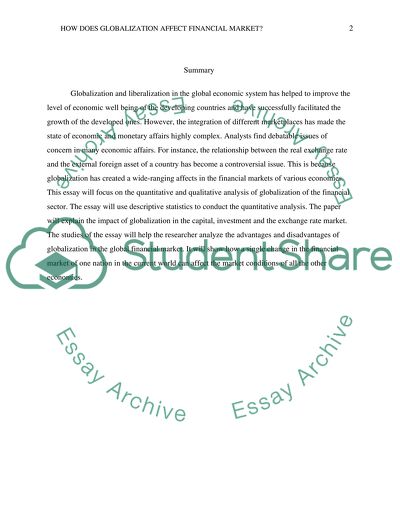Cite this document
(“How does globalization affect financial markets Research Paper”, n.d.)
Retrieved from https://studentshare.org/finance-accounting/1488953-how-does-globalization-affect-financial-markets
Retrieved from https://studentshare.org/finance-accounting/1488953-how-does-globalization-affect-financial-markets
(How Does Globalization Affect Financial Markets Research Paper)
https://studentshare.org/finance-accounting/1488953-how-does-globalization-affect-financial-markets.
https://studentshare.org/finance-accounting/1488953-how-does-globalization-affect-financial-markets.
“How Does Globalization Affect Financial Markets Research Paper”, n.d. https://studentshare.org/finance-accounting/1488953-how-does-globalization-affect-financial-markets.


